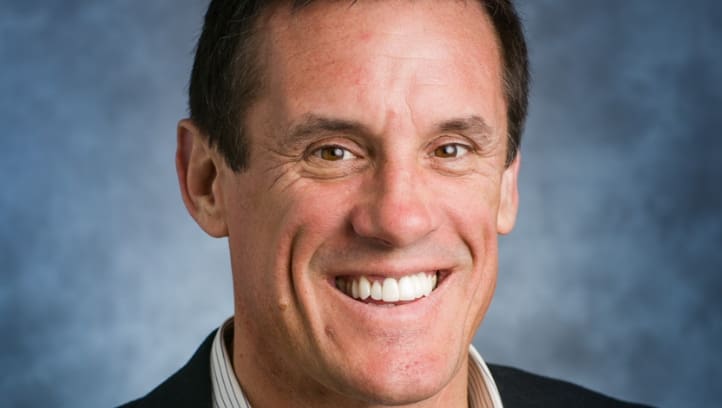Desalitech executive vice president Rick Stover says that delegates can expect stimulating open forum discussions, papers and research at the IDA Energy and Environment Conference in Miami, USA, December 2016
Why is energy and environment a hot topic for the water desalination and reuse industry right now?
Seawater desalination is a big consumer of energy — even with modern equipment, energy is the largest cost item. Every percentage of energy efficiency that you can implement really saves in terms of energy consumption and cost. On the environmental side, there are major concerns about environmental issues associated with seawater desalination, particularly in the USA.
In terms of brackish groundwater, surface water treatment for drinking water, or wastewater treatment for reuse, it’s about high recovery, so getting the most good water out of the dirty water and producing the least amount of concentrated waste stream, using the least amount of chemicals. In every case it affects cost, it affects the environment, and it affects the acceptability of the operation.
What key developments in energy and the environment do you find exciting?
In seawater desalination it’s about reducing the pressure requirement, the energy used in the main RO or thermal distillation unit itself. A lot of progress has been made over the past 20 or 30 years, although it has plateaued. There are still advances being made, but it’s not like 10 years ago when we took 20 per cent of the energy consumption out of seawater desal with one development, energy recovery devices. There’s not that much left on the table any more.
There is research going on to develop a batch process and that has been found to use less energy. It’s all the same equipment, but it’s a different process design. In a batch approach, you start with seawater and pressurise it and then after a period of time you start with a new batch of seawater and pressurise it, so you end up on average using less energy on peak. In terms of energy consumption, that approximates to a multi-stage system where you pump the water, get some of the salt out of it, then pump it to a higher pressure, and take more out. There is a lot of potential in that.
What can people expect from the Miami event ?
IDA is sponsoring the event, in conjunction with American Water Summit. The world’s experts on desalination, water reuse and water treatment are coming to Miami, and we have set the stage for discussing cutting-edge technology and policy, with an emphasis on energy and environmental issues. People will be talking in an open forum about their plants and companies. It’s stimulating and helpful for everybody. The work that we do there, the topics, papers, and a lot of the research, will develop and show up again at the IDA World Congress 2017 in São Paulo, Brazil.
